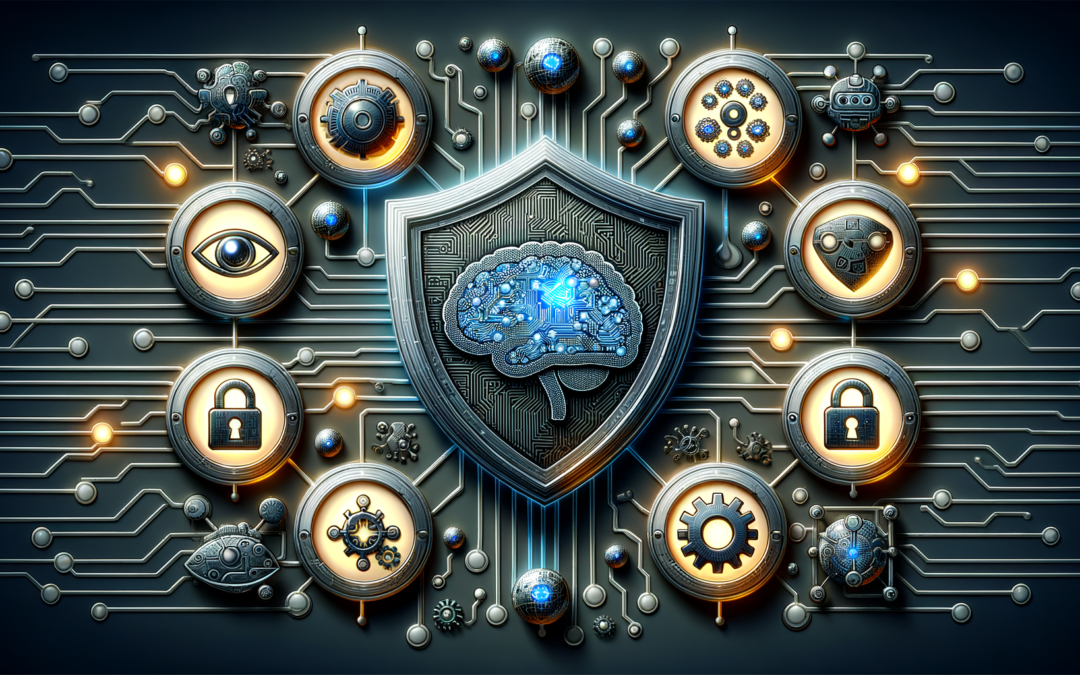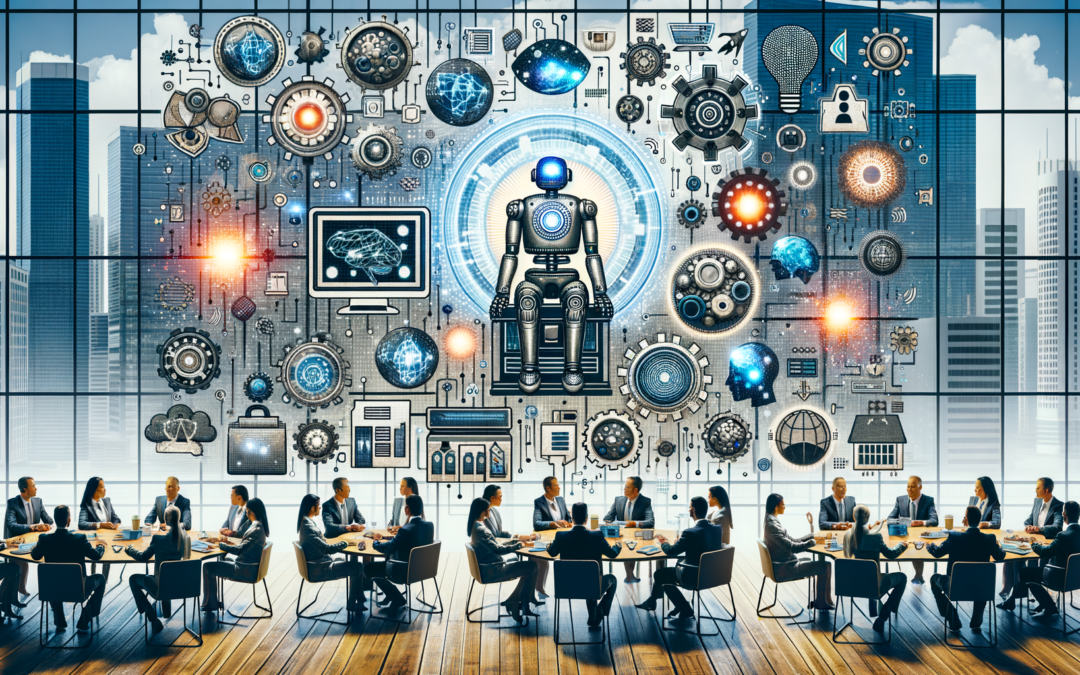Table Of Content
AI Enhancing SOC Analysts: A New Era in Cybersecurity
In today’s rapidly evolving cybersecurity landscape, artificial intelligence (AI) is transforming Security Operations Centers (SOCs) in ways previously unimaginable. The integration of AI is not only streamlining operations but also vastly improving the capabilities of SOC analysts. As we explore this transformation, we will examine how AI is redefining the role of SOC analysts, the challenges faced in this integration, and what the future holds for cybersecurity.
AI and Its Impact on SOC Analysts
Security Operations Centers (SOCs) are the nerve centers of any organization’s cybersecurity defense. They are responsible for monitoring, detecting, and responding to threats in real time. However, as cyberattacks grow in complexity and the volume of data increases, it has become challenging for human analysts to keep up. This is where AI steps in. With its ability to process vast amounts of data at unprecedented speeds, AI offers SOCs a transformative advantage.
AI-powered tools are capable of analyzing large datasets swiftly, identifying anomalies and potential threats much faster than traditional methods. This speed translates to faster response times, allowing SOC analysts to mitigate risks before they escalate. Furthermore, AI enhances accuracy by using machine learning algorithms to differentiate between false positives and legitimate threats, reducing the likelihood of human error. AI systems also continuously learn from new data, adapting their threat detection capabilities and improving over time.
By automating routine tasks such as data filtering and log analysis, AI enables SOC analysts to focus on more strategic and complex security challenges. This combination of speed, accuracy, and resource optimization enhances the overall effectiveness of SOC operations.
Challenges Faced by SOC Analysts
Despite the significant advantages AI brings to SOCs, its integration is not without challenges. SOC analysts must address several key issues to fully realize the benefits of AI.
One of the most pressing challenges is data overload. As more devices and systems come online, the amount of data generated grows exponentially. While AI helps manage this deluge of information, it requires constant fine-tuning and oversight to ensure that the output remains relevant and actionable. SOC analysts must ensure that the AI is configured correctly to avoid overwhelming them with irrelevant or low-priority alerts.
Another challenge is the skill gap. The introduction of AI tools demands that SOC analysts acquire new skills. They need to understand how AI systems work, how to interpret AI-generated insights, and how to make informed decisions based on these insights. This often necessitates specialized training and a shift in how analysts approach their work.
Trust and transparency in AI systems also pose significant hurdles. SOC analysts must trust that the AI’s decisions are accurate and that its algorithms are transparent and explainable. Without the ability to audit and understand AI-driven decisions, it can be difficult for analysts to fully rely on these systems. Ensuring explainability is essential for building confidence in AI solutions.
The Future of SOC with AI
As AI continues to evolve, it will likely play an even more significant role in SOCs, offering new opportunities for enhancing cybersecurity.
One area of advancement will be in threat detection. As AI algorithms become more sophisticated, they will be better equipped to detect advanced and emerging threats, improving organizations’ security postures and reducing the likelihood of successful cyberattacks.
Predictive analytics is another promising area. AI’s ability to analyze patterns and predict potential threats before they occur will give SOC analysts the ability to take proactive measures rather than simply reacting to incidents after they happen.
Human-AI collaboration will also become more seamless. Instead of replacing human analysts, AI will work alongside them, allowing both to leverage their strengths. This partnership will result in more dynamic and responsive SOC operations, enhancing the overall cybersecurity strategy of organizations.
Conclusion
The integration of AI into SOCs marks a significant shift in the cybersecurity landscape. By addressing the challenges and embracing the advancements of AI technology, SOC analysts will be better equipped to defend against emerging threats. The future of SOCs lies in the collaboration between human expertise and AI-driven solutions, creating a more robust and resilient cybersecurity defense.
As a leader in the field, Jun Cyber is dedicated to helping organizations navigate these changes and harness the power of AI to strengthen their security posture. To learn more about our cutting-edge cybersecurity solutions, visit our website or schedule a free consultation today.
For a detailed read, visit the original article: AI SOC Analysts.
For further inquiries or a consultation, visit our website: www.juncyber.com or schedule a call with us: Schedule a Free Consultation.



